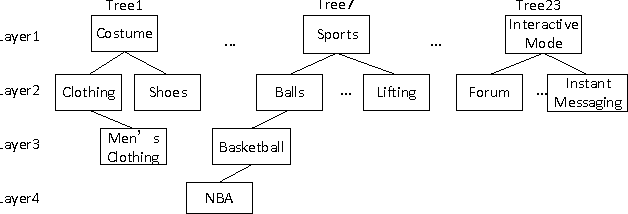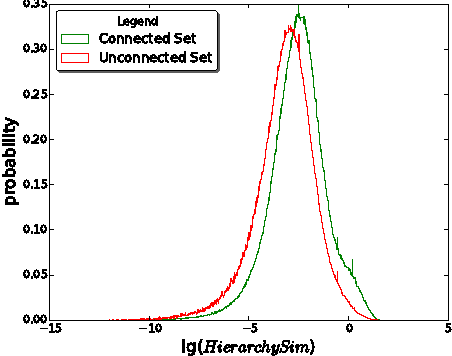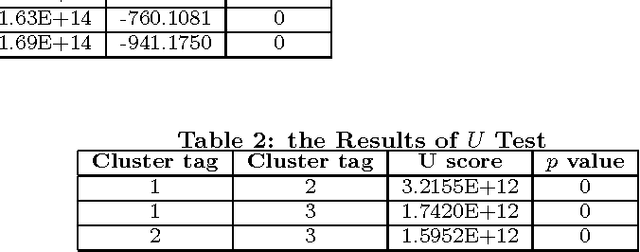Xin Ke
Robust Meta Learning for Image based tasks
Jan 30, 2023


Abstract:A machine learning model that generalizes well should obtain low errors on unseen test examples. Thus, if we learn an optimal model in training data, it could have better generalization performance in testing tasks. However, learning such a model is not possible in standard machine learning frameworks as the distribution of the test data is unknown. To tackle this challenge, we propose a novel robust meta-learning method, which is more robust to the image-based testing tasks which is unknown and has distribution shifts with training tasks. Our robust meta-learning method can provide robust optimal models even when data from each distribution are scarce. In experiments, we demonstrate that our algorithm not only has better generalization performance but also robust to different unknown testing tasks.
On Tie Strength Augmented Social Correlation for Inferring Preference of Mobile Telco Users
Dec 09, 2016



Abstract:For mobile telecom operators, it is critical to build preference profiles of their customers and connected users, which can help operators make better marketing strategies, and provide more personalized services. With the deployment of deep packet inspection (DPI) in telecom networks, it is possible for the telco operators to obtain user online preference. However, DPI has its limitations and user preference derived only from DPI faces sparsity and cold start problems. To better infer the user preference, social correlation in telco users network derived from Call Detailed Records (CDRs) with regard to online preference is investigated. Though widely verified in several online social networks, social correlation between online preference of users in mobile telco networks, where the CDRs derived relationship are of less social properties and user mobile internet surfing activities are not visible to neighbourhood, has not been explored at a large scale. Based on a real world telecom dataset including CDRs and preference of more than $550K$ users for several months, we verified that correlation does exist between online preference in such \textit{ambiguous} social network. Furthermore, we found that the stronger ties that users build, the more similarity between their preference may have. After defining the preference inferring task as a Top-$K$ recommendation problem, we incorporated Matrix Factorization Collaborative Filtering model with social correlation and tie strength based on call patterns to generate Top-$K$ preferred categories for users. The proposed Tie Strength Augmented Social Recommendation (TSASoRec) model takes data sparsity and cold start user problems into account, considering both the recorded and missing recorded category entries. The experiment on real dataset shows the proposed model can better infer user preference, especially for cold start users.
 Add to Chrome
Add to Chrome Add to Firefox
Add to Firefox Add to Edge
Add to Edge